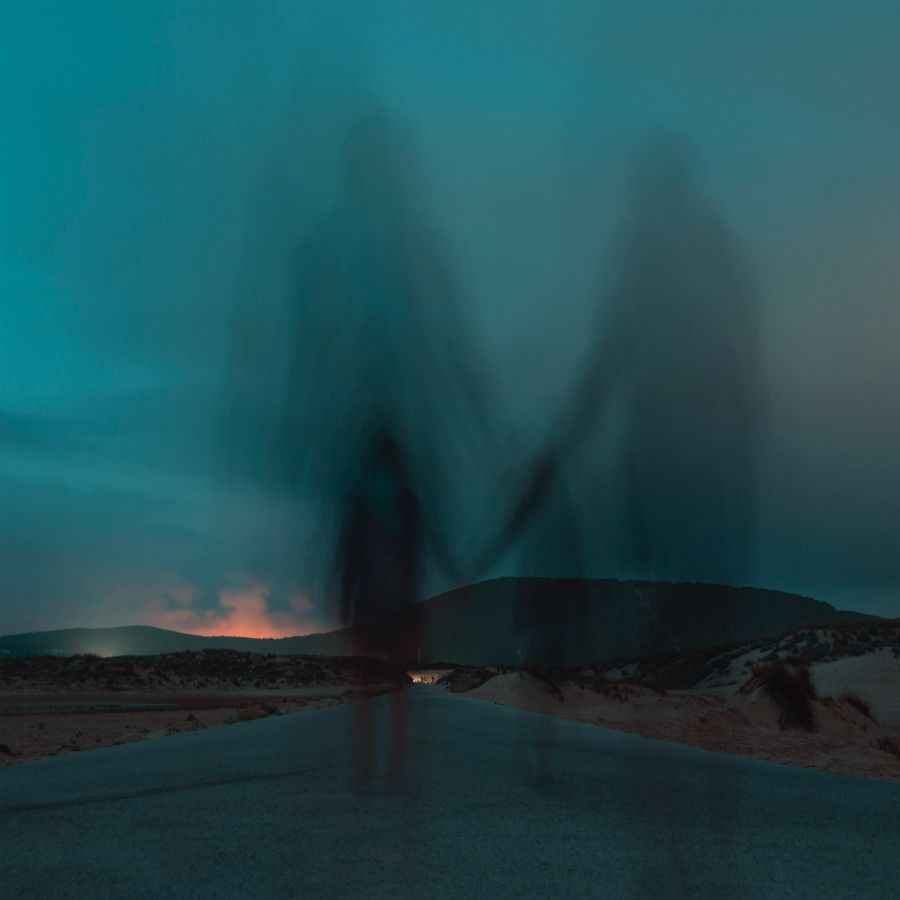Without thinking too deeply about it we presume ourselves to be adequate parents. The baseline assumption is that we would do anything for the babies; we would fight, we would kill. Tonight somehow they outnumber us, although there are still two of them. The one who was born first has learned to escape his crib and howls for his twin to join him; the smaller twin rages to be let out. It’s been three hours of bedtime and we have given up. We’re crouched on the floor in our room, staring into the baby monitor’s small window, where they appear as if in the bottom of a fish tank: murky, grayscale, dull but for the flashes of eyes as they scream. This is when we see her in the monitor. We see her body, her drifting hair, the billowing arms, each one reaching for a twin’s mouth. She’s between the cribs, a cloudy heart between cages.
We’ve always understood ourselves to be proper parents, quick in a catastrophe, selfless. Maybe we can blame the day we’ve had. Because I spent today assisting that one surgeon who hates me, and after we removed a six-pound mass from a sleeping golden retriever, and I — swiftly, sublimely — stitched up the incision, he whispered think fast and slipped the tumor into my arms and watched me drop it, watched the flecks of blood smatter while it wobbled at my feet. And you, arriving at yet another job interview, realized you’d worn your sneakers and scrambled to buy new, unaffordable dress shoes and — panicked, sweating — threw your own shoes into a dumpster outside the interview. And of course, of course they were already gone when you went digging for them after.
We believe, we have faith, that we are sufficient parents, and we’ve spent the evening laughing at our failures while negotiating pieces of nourishment into the babies’ mouths and then our own, while somewhere deep in ourselves a light shutters, a sun darkens, bones prickle in the sockets. We see her at the same time. Through the crackling of the monitor we hear our younger twin say blue and our older twin say Mama. We see her reach for their faces and what happens is a pause.
Inside the pause we recognize each other. The pause is prolonged by each of us witnessing the other one pause. That horror drifting over our children’s bodies could be a demon thirsty for innocents, could be a witch with a pair of wicked changelings, could be an apparition born of shared delirium. She may be stronger than we are, she may lack our feeble need for rest and protein, our shameful limits; she may want nothing more than to draw from an inhuman wellspring of patience and sing our children to sleep. And you and I, we hold our breath to see what will happen, to find out if the ghost haunting our nursery is a better parent than we are. We take a long terrible moment, before pelting to the room, before flooding it with light and sound.

